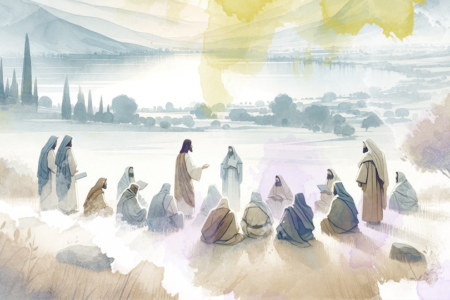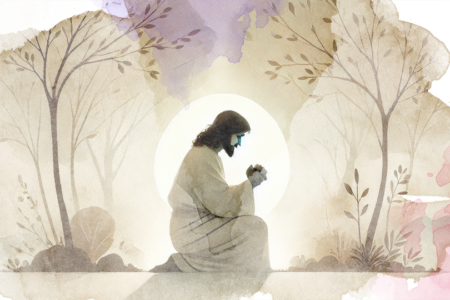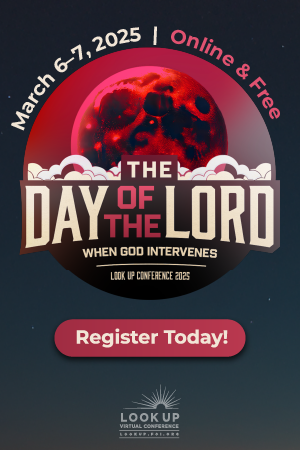Is the Kingdom of God in Our Hearts?
When the Pharisees approached Jesus on the road to Jericho and asked when the Kingdom of God would come (Lk. 17:20), Jesus told them He was not yet bringing an observable kingdom. Then He declared, “The kingdom of God is in your midst” (v. 21, NASB).
Some English translations read, “within you” (KJV, NKJV, ASV, to name a few), rather than “in your midst.” The rendering has led many people to assert that the Messiah’s Kingdom now reigns in hearts, causing some to adopt an eschatology that says we need not expect the Messiah to restore a literal, glorious Kingdom to Israel on Earth in the future. But adopting this view would be a mistake for several reasons.
First, the idea that Jesus would tell the Pharisees they had the Kingdom of God in their hearts makes no sense. They were unbelievers who opposed Him notoriously. Given the context, the Greek phrase is better translated “in your midst” to convey the truth that the Kingdom’s presence was personified in Jesus—the one standing before them.
Second, Christ spoke elsewhere about the Kingdom being in their midst: “If I cast out demons with the finger of God, surely the kingdom of God has come upon you” (Lk. 11:20; cf. Mt. 12:28). And, in light of Christ’s presence on Earth, both Jesus (Mk. 1:15) and John the Baptist (Mt. 3:2) proclaimed, “The kingdom of God [or “heaven”] is at hand.”
Some of the disciples saw a preview of the glorious Kingdom when Jesus allowed Himself to be transfigured before them, as Moses and Elijah stood alongside their King in glorified form (Lk. 9:27–31). The point? Jesus is the Kingdom, regardless of whether He lets individuals visibly verify that fact. Only those who give themselves to the King will experience the future Kingdom.
While it is true that believers have Christ in their hearts (Eph. 3:17) and that “the love of God has been poured out in our hearts by the Holy Spirit who was given to us” (Rom. 5:5), it is quite a leap, given the context, to teach that the Kingdom is present on Earth during the Church Age based on a particular translation of Luke 17:21.
In addition, Revelation 11:15 contains a still-future announcement that cannot be ignored: “The kingdoms of this world have become the kingdoms of our Lord and of His Christ.” Interestingly, this announcement comes after Jerusalem resumes giving glory to God (v. 13), a glimpse of Israel as a nation turning toward the Lord once again.







